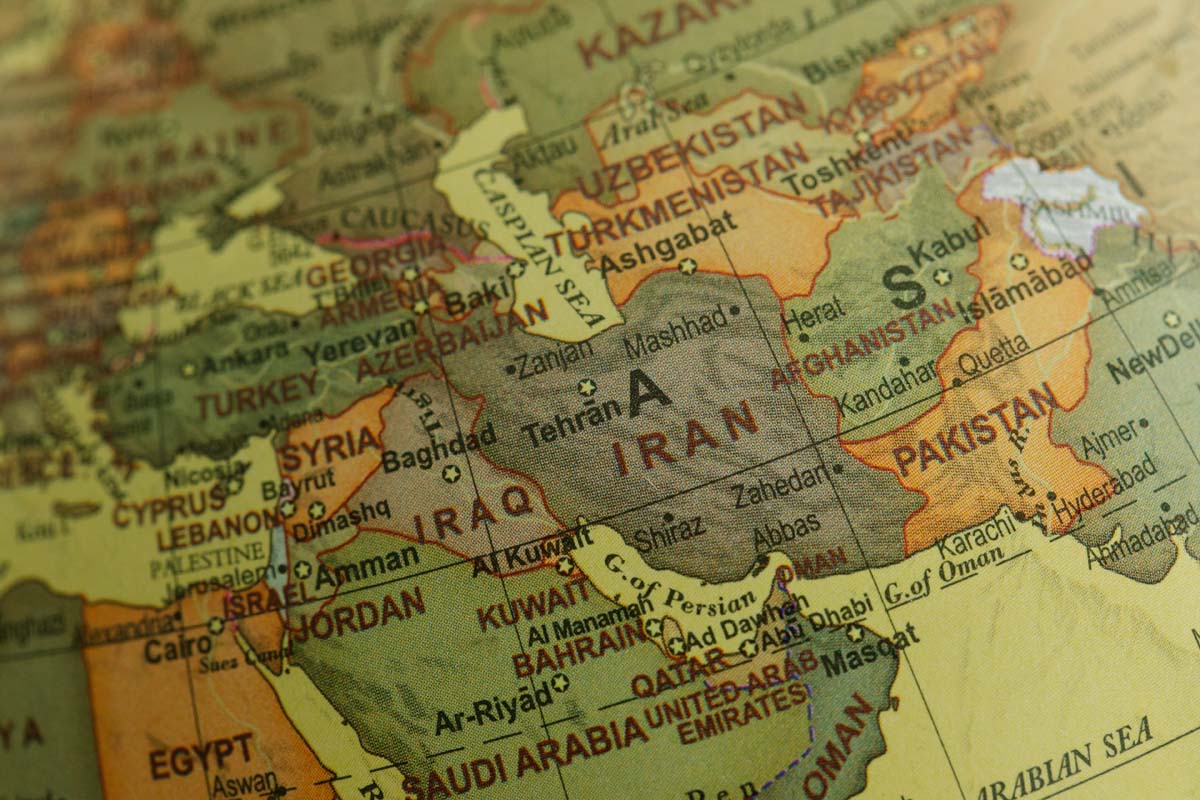
403
Sorry!!
Error! We're sorry, but the page you were
looking for doesn't exist.
Arab world witnesses significant political shift
(MENAFN) In 1963, the Arab world witnessed a significant political shift when the Baath Party, through its military faction, staged a coup in Syria. The coup was led by a group of Syrian officers, including Hafez al-Assad, who had joined the Baath Party early in the 1940s. The party, founded by Salah al-Bitar and Michel Aflaq in the 1940s, was determined to seize power by any means, whether democratic or through military coups. Hafez al-Assad’s brother, Rifaat al-Assad, followed his brother’s path, joining the Baath Party and later the Syrian army after completing his education at the Military Academy. Despite initially studying in the Faculty of Arts at Damascus University, Rifaat switched to the Military Academy in Homs to pursue his military career. Rifaat joined the Syrian army as an officer and served in the Ministry of Interior following Syria's separation from Egypt in 1961.
Rifaat’s involvement in corruption began before his brother’s official rise to power in 1970. According to Dr. Ahmed Zaki in his 2013 book The Assad Family and the Secrets of the Fall of the Last Tyrants, Rifaat's actions were marked by favoritism and manipulation within the military, aided by his brother Hafez and other key Baath Party figures. Rifaat was also known for his dishonest behavior while at Damascus University, such as cheating on exams in front of professors. Rifaat’s early military role came in February 1966, when he collaborated in a coup that overthrew President Amin al-Hafiz. This event marked the beginning of Alawite dominance within the Syrian military and the marginalization of Sunni officers. Later, under President Nur al-Din al-Atassi, Rifaat was entrusted with leading a special unit created by the Military Committee for Regime Defense, where he began consolidating more power.
In the late 1960s, Rifaat and his brother Hafez were embroiled in a power struggle with Salah Jadid and Abdul Karim al-Jundi, which escalated into a military conflict within Damascus in 1969. Rifaat emerged victorious, and following the 1970 correction movement, Hafez seized control of the country, making Rifaat responsible for securing the capital. Rifaat’s influence continued to grow as he became commander of the Defense Brigades, a 40,000-strong military unit that operated outside the regular army and solidified his control over key institutions. Rifaat al-Assad's actions played a crucial role in the consolidation of power by his brother, Hafez, as he expanded his military and political influence across Syria.
Rifaat’s involvement in corruption began before his brother’s official rise to power in 1970. According to Dr. Ahmed Zaki in his 2013 book The Assad Family and the Secrets of the Fall of the Last Tyrants, Rifaat's actions were marked by favoritism and manipulation within the military, aided by his brother Hafez and other key Baath Party figures. Rifaat was also known for his dishonest behavior while at Damascus University, such as cheating on exams in front of professors. Rifaat’s early military role came in February 1966, when he collaborated in a coup that overthrew President Amin al-Hafiz. This event marked the beginning of Alawite dominance within the Syrian military and the marginalization of Sunni officers. Later, under President Nur al-Din al-Atassi, Rifaat was entrusted with leading a special unit created by the Military Committee for Regime Defense, where he began consolidating more power.
In the late 1960s, Rifaat and his brother Hafez were embroiled in a power struggle with Salah Jadid and Abdul Karim al-Jundi, which escalated into a military conflict within Damascus in 1969. Rifaat emerged victorious, and following the 1970 correction movement, Hafez seized control of the country, making Rifaat responsible for securing the capital. Rifaat’s influence continued to grow as he became commander of the Defense Brigades, a 40,000-strong military unit that operated outside the regular army and solidified his control over key institutions. Rifaat al-Assad's actions played a crucial role in the consolidation of power by his brother, Hafez, as he expanded his military and political influence across Syria.

Legal Disclaimer:
MENAFN provides the information “as is” without warranty of any kind. We do not accept any responsibility or liability for the accuracy, content, images, videos, licenses, completeness, legality, or reliability of the information contained in this article. If you have any complaints or copyright issues related to this article, kindly contact the provider above.






















Comments
No comment